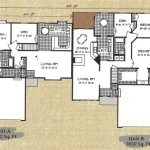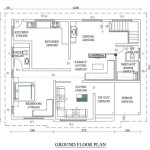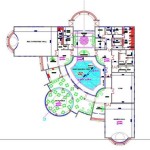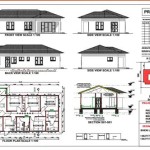Essential Aspects of House Plan New Zealand
Designing and building a house is a significant endeavor that demands meticulous preparation. In New Zealand, creating a house plan is a fundamental element of the construction process. Here are the essential aspects to consider when developing a house plan in New Zealand:
1. Site Assessment and Design:
Thoroughly evaluate the building site, taking into account factors such as topography, orientation, sunlight, prevailing winds, soil conditions, and access to amenities. The site assessment helps determine the optimal placement of the house and influences the design of the floor plan.
2. Functional Floor Plan:
Design a floor plan that meets your specific needs and lifestyle. Consider the number of bedrooms and bathrooms, the size of the living areas, the kitchen layout, and any additional spaces required, such as a study, home office, or laundry room.
3. Local Building Codes and Regulations:
Ensure your house plan complies with all relevant building codes and regulations in New Zealand. These regulations cover various aspects, including structural integrity, energy efficiency, and fire safety. Familiarize yourself with the New Zealand Building Code and any local council requirements.
4. Energy Efficiency:
Incorporate energy-efficient features into your house plan to minimize energy consumption and reduce utility costs. Consider insulation, double glazing, solar panels, heat pumps, and energy-efficient appliances.
5. Sustainability and Environmental Impact:
Consider the environmental impact of your house plan by incorporating sustainable design principles. Choose eco-friendly materials, reduce waste, and minimize the carbon footprint of your home through energy efficiency measures.
6. Indoor-Outdoor Living:
New Zealand's temperate climate offers opportunities for seamless indoor-outdoor living. Design your house plan to maximize natural light, incorporate outdoor living areas such as decks or patios, and create a connection between the interior and exterior spaces.
7. Architectural Style:
Determine the architectural style of your house to complement the surrounding environment and your personal preferences. New Zealand houses exhibit a wide range of styles, from traditional to contemporary.
8. Professional Design Assistance:
Consider hiring an architect or building designer to create a custom house plan that tailored to your specific requirements. They can provide expert advice, ensure compliance with regulations, and bring your vision to life.
9. Cost Considerations:
Determine a realistic budget for your house plan and factor in the costs of materials, labor, and professional services. The size, complexity, and features of your house will influence the overall cost.
10. Long-Term Perspective:
Consider the potential for future changes in your household or lifestyle when designing your house plan. Incorporate flexibility and adaptability to accommodate changing needs, such as the addition of an extra bedroom or a home office.
By carefully considering these essential aspects, you can create a house plan in New Zealand that meets your functional, aesthetic, and sustainable requirements. A well-conceived house plan lays the foundation for a comfortable, energy-efficient, and environmentally conscious home that will serve you and your family for years to come.

Dayton Plan Affordable Practicality Little Pig Building Co

Platinum Series House Plans Homes New Zealand Home Design Floor Dream

Maori State House Plans History New Zealand

Housing Floor Plans Te Ara Encyclopedia Of New Zealand

Designing And Building A New Home In Zealand Update 01

4 Bedroom House Plans Fresh Zen Lifestyle 5 New Zealand Ltd

Horton Build 2 0 The Plan Heidi

New Zealand House Plans North Facing Modern Floor

House Plans

Building A House In New Zealand Downey Designer Homes








